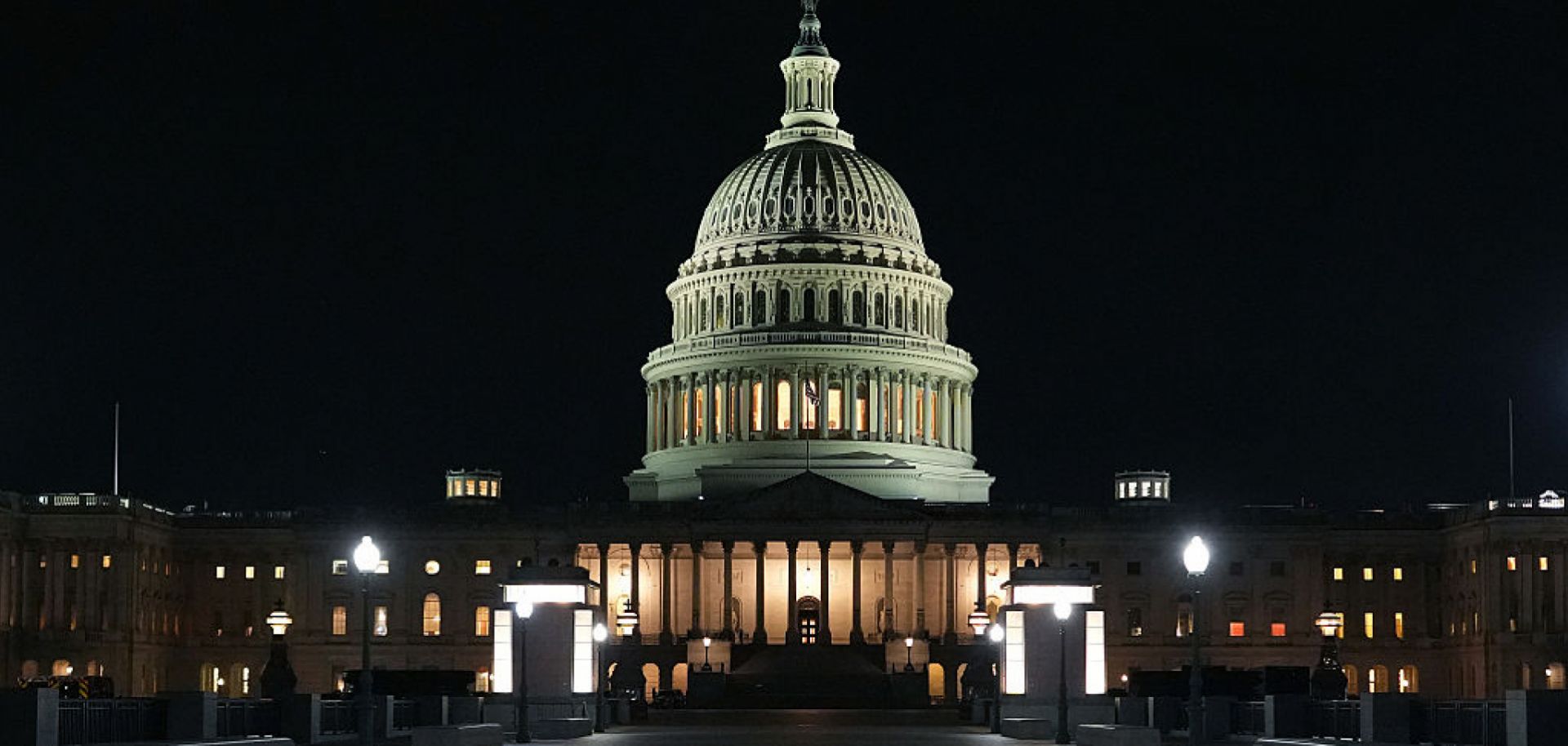The Republican-backed budget reconciliation bill could lead to higher U.S. yields by increasing federal deficits and accelerating the growth of government debt, but it is unlikely to undermine investor confidence in the short to medium term. On May 22, the U.S. House of Representatives approved major changes to government spending and revenue in the form of a reconciliation bill. The bill initially made only slow progress due to the Republicans' narrow House majority and intra-party disagreement. More conservative Republicans demanded greater spending cuts to reduce the deficit, but they faced pushback from centrist Republicans from "purple" districts, who instead favored increased tax expenditure in the form of higher state and local government deductions. The House leadership, meanwhile, was keen to implement President Donald Trump's costly tax-cutting-focused priorities. The consequence of the political compromise was a costly reconciliation that will lead to larger U.S. fiscal deficits. The bill passed by one...

